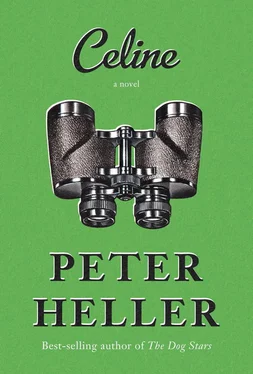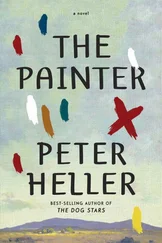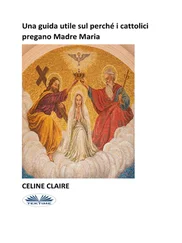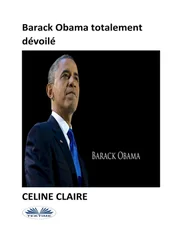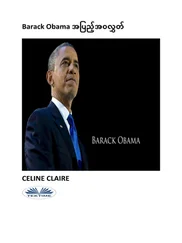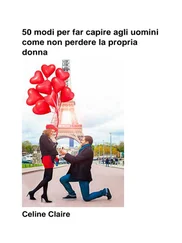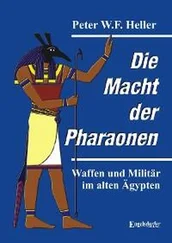“I… I…” she stammered. And then she was clawing at her throat, clawing for air. The I’ s would not come out and they would not go back in. They came up from her lungs and hit the dead spot that swelled there like a bubble and they piled up, backed down her esophagus and up into her sinuses and her head. “I… I…”
She must have been thrashing because Pete startled awake and his arm flung over and he felt her shaking, her whole thin body taut as tightened cable and shivering, her chest arching upward. Oh God.
He hit the light and he saw her face drawn in a mask of terror, her eyes half closed and rolled back, and her face was blue. He did the only thing he could think of: he rolled over onto his elbow and forced himself to his knees and bent his face to his smothering wife and sealed his lips around hers and blew. He blew hard. Felt the resistance, Jesus, and turned his head to the side and kissed her again and blew harder and he felt something release and when he turned his lips to the side again a rush of hot air blew against his cheek and she cried out. As weak and searing a cry as he had ever heard.
He sat her up. Her eyes were glazed but the blue was almost gone from her cheeks. She breathed. A little. At least she breathed. Shallow and quivering, but inhale, exhale. Her strong arthritic hands gripped the crumpled counterpane as if she were holding herself to a cliff. Pete placed his open hand on her chest for a split second, she gave the barest of nods, and he let himself off the bed and made his way to the oxygen condenser on the other bed, tried not to shake as he unwound the tubing, turned it on, came back. Hooked the cannula gently over her ears, inserted it into her nostrils. She did not move her head, she held it rigid on her neck as if any movement might jeopardize the airway, but her eyes followed him. “Oh,” he said. “Inhaler. Red inhaler first,” and he saw her shut her eyes a second which meant No.
“Okay, okay.”
She breathed. Barely. Her chest moved as rapidly as a bird’s. She looked scared. Terrified. That’s what got to him the most, he didn’t know when she’d ever looked so frightened. And then her breathing hit another hitch and her eyes went wide. Oh God. Pete felt the world freeze and teeter. And then she released, whistled out another breath.
Pete usually never panicked but now he did. He touched her again and rose and scrabbled his hands over the low bureau feeling for his phone, which he found and flipped open. No reception. Damn. Of course not. And the Yellowstone Lodge may be the only motel on the planet with no phone in the room. Pete did not easily succumb but for a moment he cursed. What the hell were they doing here? Cooke City was seventy-five hundred feet and it was cold and the air was thin and all the woodstoves cranking up were thickening the night with particulates and smoke, just about the worst recipe—he shook it off. No good going there. What they needed now was a doctor.

Pete found his pants on the scarred armchair and pulled them on and shucked on the wool-lined Carhartt jacket without bothering to put on a shirt and said, “I’ll be right back, three minutes,” and she nodded, just the barest tilt of her chin and he was out the door and trotting as best he could over the rough pitted gravel of the parking lot. The motel office. Someone there would help, they would have a phone. A single bulb burned at the door. He knocked. Tried the knob, locked. Damn. Knocked harder. Nothing, no light. Maybe the owners didn’t even live here like every other motel-owning family. He went out onto the road, the main street, careful not to stumble on the frost heaves. For the first time he noticed that the night had misted, gone into low cloud, the moisture touched and needled his cheeks, maybe it was frost. Across the street he saw a light burning in a second story. It was the Polish restaurant, who knew who lived above—any harbor in a storm. He moved as fast as his stiff knees would carry him, could not bear to think of her struggling for breath in the room alone. He pounded now. Knocked as hard and fast as he could. He did not stop.
A light flicked on, in the restaurant, over the counter. He saw through the small panes of the door Nastasia pulling tight a white terrycloth robe, knotting the belt. Her black hair was wild and she still wore traces of smudged mascara and she looked alarmed and suddenly many years older. Well. She came to the door at an angle like a gunfighter, tilting her head and peering the whole time, trying to make out the visitor—or intruder. She found a switch on the wall and Pete was suddenly rinsed in white light and her face relaxed. She even managed to quiver one corner of her mouth into a smile. Unlatched the door.
“Wha—”
“It’s my wife, Celine. She’s having a crisis—her breathing—”
“Ja ja,” she knew, she remembered, she’d noticed.
“I need a phone. Better, is there a doctor, a doctor right in town?”
She shook her head, emphatic. “He is bird hunter. About maybe five kilometers he has a cabin, no phone, he comes from Bozeman.”
“Oh God, I don’t drive. Do you?” For the first time he saw her unmasked: Her eyebrows were up, arched, her mouth in an O, her broad cheeks flat, eyes resigned and scared and excited all at once, she looked like a child who has been asked to jump off the high dive and knows she will do it. “Jimmy’s truck, he is owner, we will try. He showed me.”

Pete did the math and it occurred to him that it was the same calculus Lamont must have done on the morning of the drowning. If they went back to the room to check on her it would eat up five or ten more minutes. But she might be having another seizure now and without help she would die. The thought hit him like a gust of hail. He may have never allowed himself to utter those words, even in his head, and the chasm it opened up was too wide and too deep. He flinched, shrank back. The truck was parked outside, a battered Nissan, and Nastasia yanked open the stuck front door like she was goading a stubborn ox. She had not dressed, she was naked under her robe, and she did not even go back in to find a coat. She must have been freezing, and it filled Pete with gratitude for the no-bullshit people of the earth, the people who knew what had to be done and would find their own damn coat later. She overcranked the starter, grated it again, got the truck going and then lurched it into the post that supported the steps. He could see her shaking her head, heard the gearbox chunk as she found Reverse, and then the pickup heaved back twice and stalled. Then he heard the bark of a Baltic curse and the door flew open. She was pissed, almost smoking with outrage. Pete felt paralyzed. He needed to get back to the room. Her violet eyes now black in the dim light flashed up to his and she saw everything, said, “Go! Go back! I know where! I will get Stumpy to drive! Go!” And with that she tore up the street to look for a driver—in a wreath of fuming frustration and whirling terrycloth like some Halloween ghost.
Celine was not dead when he got back to the room. She was still struggling for breath but her head had relaxed on the pillow and her eyes were closed and the compressor was making rhythmic chuffs to boost each of her breaths. Her fingers still gripped the blanket. Pete sat beside her and placed his cool hand on her forehead and murmured that a doctor was coming. He wasn’t sure—not sure of anything: whether Nastasia would find Stumpy whoever he was, whether they’d get to the doctor’s, whether he’d be home—but that’s what Pete said: The doctor was coming. And when he said it, he thought he heard the tempo of the condenser slow, and thought he felt her forehead relax. Fear, he thought, is the enemy of breath.
Читать дальше
